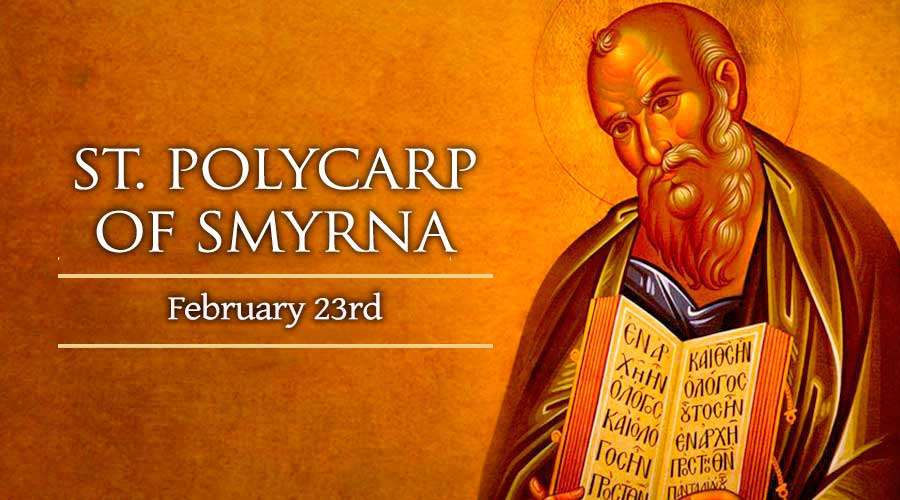TODAY'S WORD
By

Fr. Aloysius Santiago sdb
Rector and Parish Priest
Don Bosco Shrine
Lingarajapuram, Bangalore
Mathew: 6:9 "Pray then in this way: Our Father in Heaven, hallowed be your Name."
TODAY'S REFLECTION
Every action has a reaction and we see that in everyday life.
The 1st reading gives an example from nature, that as the rain and snow come down from the heavens, it waters the earth, and makes plants grow and bear fruit.
The Lord uses that example to tell us that the Word that goes forth from His mouth must also enter into our ears and into our hearts so that we will know what He wants of us and to do His will accordingly.
So we must pay attention to God's Word and let it take root in our hearts and to bear fruit in our lives.
The Gospel of the Day is a beautiful exposition by Jesus on Prayer.
The Lord highlights the essential dimensions that constitute real prayer and goes on to give the blueprint of an Ideal Prayer by teaching the “Our Father”.
Jesus says, “And in praying, do not heap up empty phrases as the Gentiles do; for they think that they will be heard for their many words” (Mt 6:7)
In the context, when we look closely into this verse, we see that Jesus is pointing to the important principle in the pagan religions: the spoken word is most important for effectiveness of any prayer or sacrifice.
Prayer had assumed the nature of being a formula or a procedure that had to be strictly followed for its efficacy.
The pagan understanding was all about “pleasing the god” and “tapping the Divine power” by one’s words and verbal formulae.
Historically it is reported of an occasion when the presiding magistrate at a Roman pagan festival forgot to include the “Roman people” among the list of beneficiaries in his prayer; the festival had to be started all over again!
It is therefore the attitude towards prayer and perception of God that Jesus condemns.
And this is a strong and relevant message that the Lord seeks to drill in our minds: Prayer is not to be reduced to being a formulaic key to unlock the power of the Divine!
It’s not our many words that makes God to grant His grace
.. Rather, it is by His Will and His graciousness that we receive His blessings.
Then what is meant by prayer?
The blueprint of prayer – The Our Father – that Jesus teaches gives us the answer.
Prayer is…
Acknowledging His greatness
(Our Father, who art in heaven)
Ascribing glory and honour to Him
(Hallowed be Thy Name)
Seeking His Kingdom to come
(Thy Kingdom come)
Longing for His Will to be done in our lives
(Thy Will be done, on earth as it is in heaven)
Putting forward our needs and offering our aspirations to His Providence
(Give us today our daily bread)
Choosing to actively being reconciled to all people to receive His forgiveness
(and forgive us our sins, as we forgive those who sin against us)
Imploring to keep away from sin and all evil inclinations and desires
(and lead us not into temptation, but deliver us from evil)
The angels continually – day and night – sing “Holy, holy, holy, is the Lord God Almighty, who was and is and is to come!” (Rev 4:8)
Jesus in the Garden of Gethsemane prayed in the “same words” three times (Mk 14: 32-39)
Jesus, in fact, also commends the fact of continually praying, through the example of the widow and the unjust judge (Lk 18: 1-14)
When we understand prayer as being a “relationship” and being in “His loving presence”, prayer becomes a joyful, a continual and a meaningful devotion.
May His grace help us to make every moment of our life an act of prayer, in order to grow in greater closeness and union with the One who loves us the most!
Let prayer become a joyful action
Let prayer become a continual devotion
Let prayer become a powerful commitment
RESOLUTION
Yes, in our day-to-day life, let us resolve to “pray without ceasing!”
SAINT OF THE DAY
_SAINT POLYCARP_
_BISHOP, MARTYR_
 SAINT POLYCARP, bishop of Smyrna, was a disciple of Saint John, apostle and evangelist. He wrote to the Philippians, exhorting them to mutual love and to hatred of heresy. When the apostate Marcion met Polycarp at Rome, he asked the aged saint if he knew him. “Yes,” Saint Polycarp answered, “I know you for the first-born of Satan.” These were the words of a saint most loving and most charitable, and specially noted for his compassion to sinners._
SAINT POLYCARP, bishop of Smyrna, was a disciple of Saint John, apostle and evangelist. He wrote to the Philippians, exhorting them to mutual love and to hatred of heresy. When the apostate Marcion met Polycarp at Rome, he asked the aged saint if he knew him. “Yes,” Saint Polycarp answered, “I know you for the first-born of Satan.” These were the words of a saint most loving and most charitable, and specially noted for his compassion to sinners._
_He hated heresy, because he loved God and man so much. In 167, persecution broke out in Smyrna. When Polycarp heard that his pursuers were at the door, he said, “The will of God be done”, and meeting them, he begged to be left alone for a little time, which he spent in prayer for “the Catholic Church throughout the world.” He was brought to Smyrna early on Holy Saturday, and as he entered, a voice was heard from heaven, “Polycarp, be strong.” When the proconsul besought him to curse Christ and go free, Polycarp answered, “Eighty-six years I have served him, and he never did me wrong; how can I blaspheme my King and Savior?” When he threatened him with fire, Polycarp told him this fire of his lasted but a little, while the fire prepared for the wicked lasted forever._
_At the stake he thanked God aloud for letting him drink of Christ’s chalice. The fire was lighted, but it did him no hurt; so he was stabbed to the heart, and his dead body was burnt. “Then,” say the writers of his acts, “we took up the bones, more precious than the richest jewels or gold, and deposited them in a fitting place, at which may God grant us to assemble with joy to celebrate the birthday of the martyr to his life in heaven!”_
*God bless you and your household. Have a relaxing Tuesday.*
*HAPPY FEAST!*
